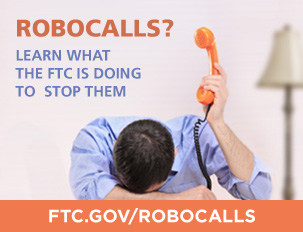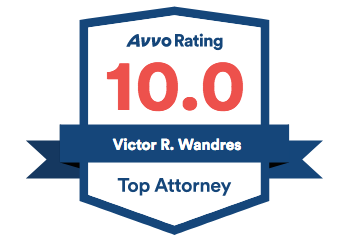FCC Strengthens Laws Against Robocalls and Unwanted Text Messages
New 2015 TCPA Changes
Responding to requests from both businesses and several states Attorneys General for more guidance on the TCPA (Telephone Consumer Protection Act) and robocalls, the FCC today adopted a proposal to protect consumers against unwanted robocalls and spam texts. In a package of declaratory rulings, the Commission affirmed consumers’ rights to control the calls they receive, including wrong number calls made to mobile phones. As part of this package, the Commission also made clear that telephone companies face no legal barriers to allowing consumers to choose to use robocall-blocking technology.
Complaints related to unwanted calls are the largest category of complaints received by the Commission, numbering more than 215,000 in 2014. Today’s action addresses almost two dozen petitions and other requests that sought clarity on how the Commission interprets the Telephone Consumer Protection Act (TCPA), closing loopholes and strengthening consumer protections already on the books. The TCPA requires prior express consent for non-emergency autodialed, prerecorded, or artificial voice calls (robocalls) to wireless phone numbers, as well as for prerecorded telemarketing calls to residential wireline numbers.
Highlights for consumers who use either landline or wireless phones include:
-
Green Light for “Do Not Disturb” Technology – Service providers can offer robocall-blocking technologies to consumers and implement market-based solutions that consumers can use to stop unwanted robocalls.
-
Empowering Consumers to Say “Stop” – Consumers have the right to revoke their consent to receive robocalls and robotexts in any reasonable way at any time.
-
Reassigned Numbers Aren’t Loopholes (Wrong Number Calls)– If a phone number has been reassigned, companies must stop calling the number after one call. That means once a debt collector is on notice that they are calling the wrong number, the calls must stop or pay $1,500 per call.
-
Third-Party Consent – A consumer whose name is in the contacts list of an acquaintance’s phone does not consent to receive robocalls from third-party applications downloaded by the acquaintance.
Additional highlights for wireless consumers include:
- Affirming the Law’s Definition of Autodialer – “Autodialer” is defined in the Act as any technology with the capacity to dial random or sequential numbers. This definition ensures that robocallers cannot skirt consumer consent requirements through changes in calling technology design or by calling from a list of numbers.
- Text Messages as Calls – The Commission reaffirmed that consumers are entitled to the same consent-based protections for texts as they are for voice calls to wireless numbers.
- Internet-to-Phone Text Messages – Equipment used to send Internet-to-phone text messages is an autodialer, so the caller must have consumer consent before calling.
- Very Limited and Specific Exemptions for Urgent Circumstances – Free calls or texts to alert consumers to possible fraud on their bank accounts or remind them of important medication refills, among other financial alerts or healthcare messages, are allowed without prior consent, but other types of financial or healthcare calls, such as marketing or debt collection calls, are not allowed under these limited and very specific exemptions. Also, consumers have the right to opt out from these permitted calls and texts at any time.
Today’s actions make no changes to the Do-Not-Call Registry, which restricts unwanted telemarketing calls, but are intended to build on the Registry’s effectiveness by closing loopholes and ensuring that consumers are fully protected from unwanted calls, including those not covered by the Registry.
If you are receiving “wrong number calls” from debt collectors, or have revoked your consent to be contacted on your mobile phone but continue to receive telephone calls or text messages, call us for a free consultation regarding your rights. Under the TCPA, each call or text message could be worth between $500 and $1,500.





